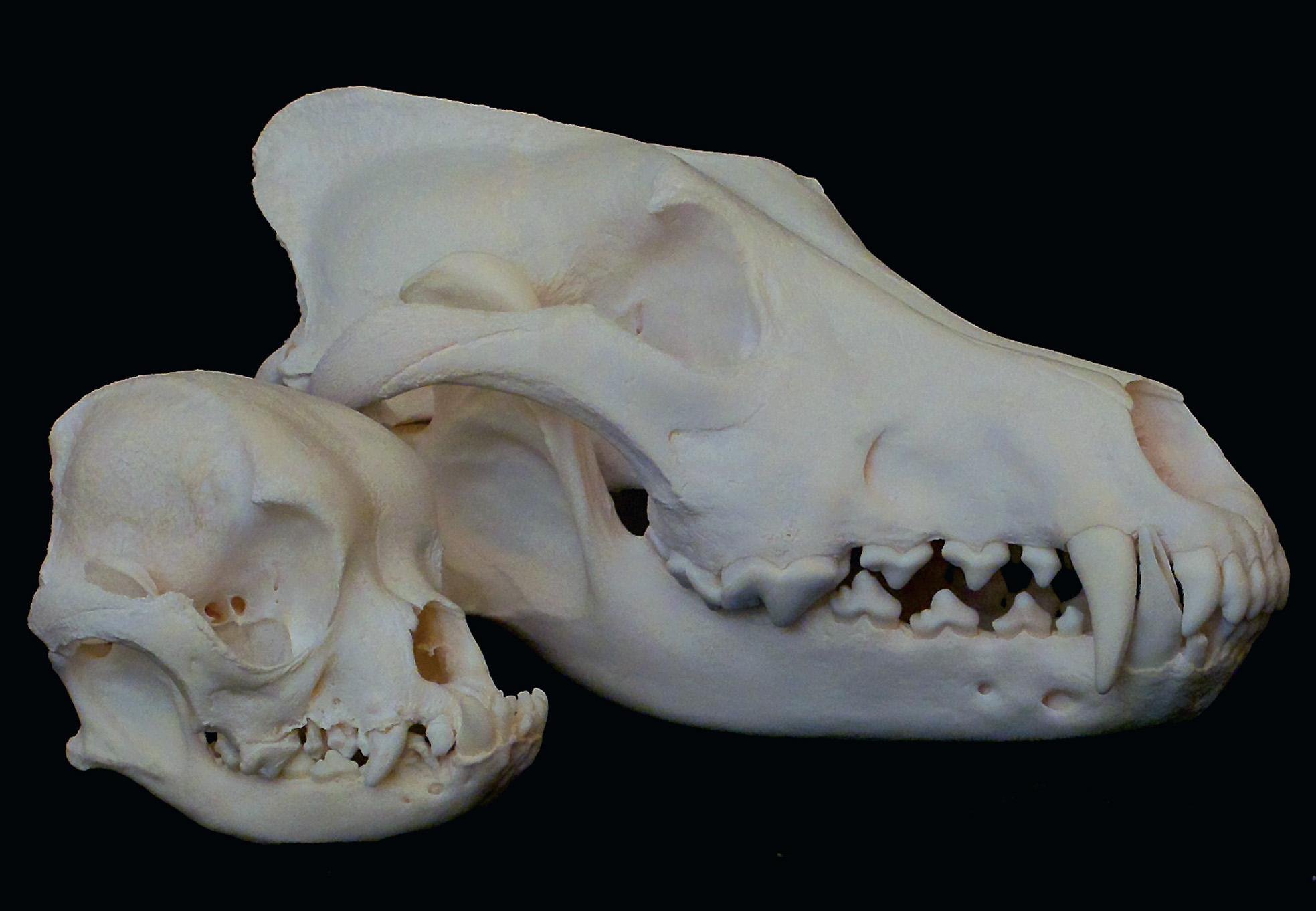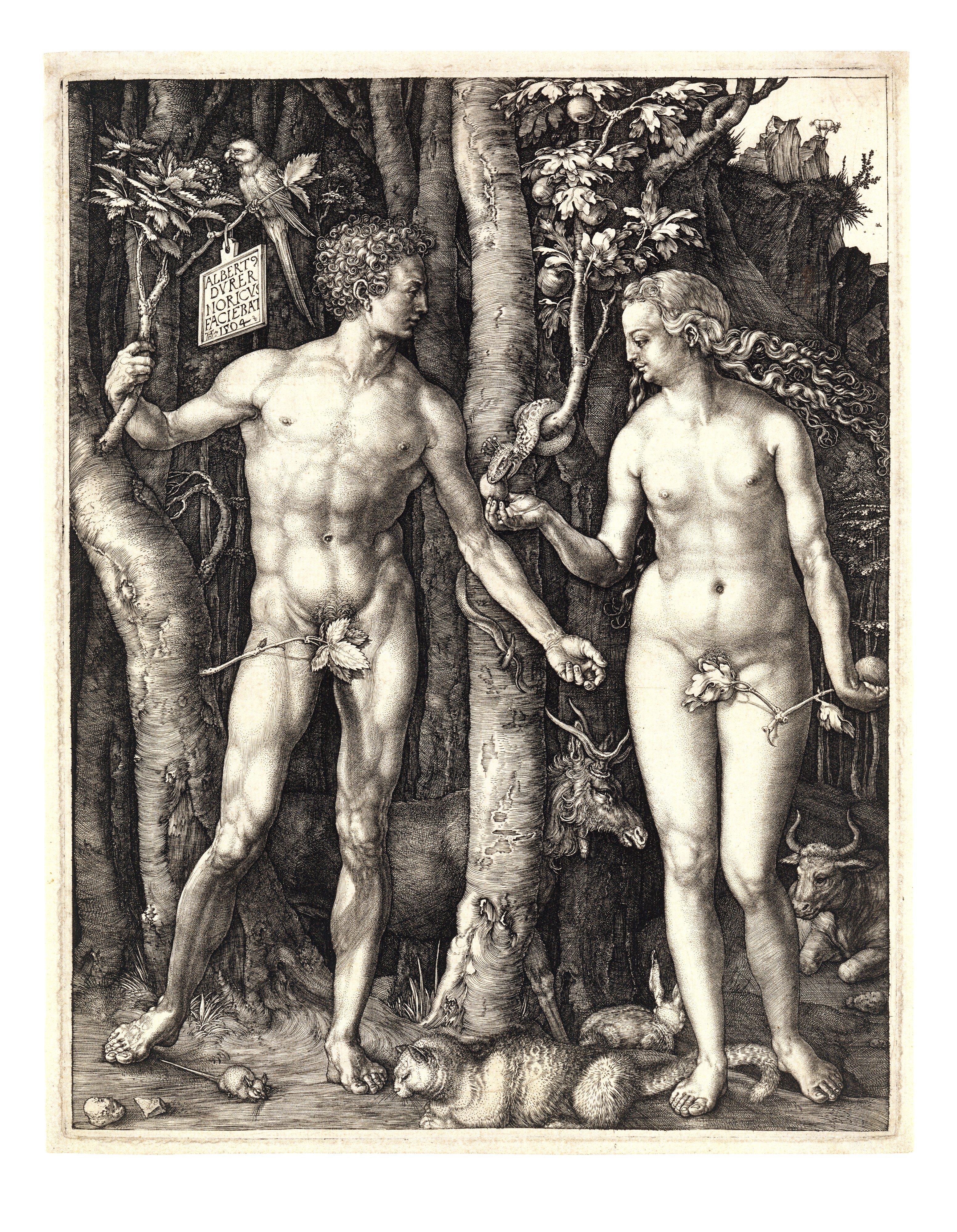What We Owe To Dogs
In order to understand our obligations to our domestic animals, we have to consider the balance of power between humans and dogs. The natural assumption is that humans are superior creatures, capable of judgement, self-improvement, and creativity. However, in light of recent discoveries on the mental capabilities of animals such as pigs and dolphins, some animal rights activists believe that humans are fundamentally equal to dogs.
 |
| Elephants are often cited as Smart Animals. |
Animal rights activist Charlotte Flores argues that we are "speciesist", prioritizing human rights over those of animals. However, this line of reasoning is flawed, no matter where we stand in regard to dogs. If humans are equal to dogs, humans don't owe dogs anything. Humans should look out for humans and dogs should look out for dogs. It would be patronizing of us to intervene on behalf of these noble canines. If, on the other hand, humans outrank dogs, are we responsible for them?
 |
| Wolf and dog skulls side by side |
From a utilitarian perspective, our obligations to dogs should reflect the services they provide for us. Originally, this meant scavenging midden piles in exchange for protection. As different kinds of dogs were bred, their roles became more specialized: herding, hunting, guarding, and companionship. But now, due to urbanization, most dogs only fill this last role. In the book How the Dog Became the Dog, author Mark Derr describes how wolves become dogs: their jaws become shorter and more rounded, their eyes larger, and their heads bigger. In short, more like adorable little human babies. Dogs also require a financial and temporal sacrifice, so they carry some amount of socioeconomic clout. So perhaps in the modern era, all dogs are toys.
| Dogs are subject to the Kewpie Doll Effect, a psychological phenomenon in which things with round heads and huge eyes generate more empathy from human beings. Does this make them toys? |
Most dog owners will suggest that this isn't true. In a 2017 study, levels of empathy were compared when students were asked to read a fake article about either a dog or a human who was involved in a terrible accident. The adult human story actually generated the least amount of empathy, outranked by a puppy, an adult dog, and a human infant. Our love for dogs runs deeper than, say, designer purses. But why? In American culture, I would argue that we are under the influence of Christian ethics.
 |
| Adam and Eve as depicted by Albrecht Durer, who wanted to show everyone that he went to Italy and knows about cool, ultra exotic animals like "parrots". |
In the book of Genesis, it is taught that humans were created as natural guardians of the earth and its creatures. Genesis 2:15 says "And the LORD God took the man, and put him into the garden of Eden to dress it and to keep it". So, the Bible would suggest that we ought to care for dogs because it is our duty to take care of our planet. Whether or not you subscribe to the Old Testament, this guideline seems just. If we are aware of the world around us, we have an obligation to preserve it and show love to the animals we share it with.
I like what you said about the article by Charlotte Flores. I don't think the reason we should be kind to animals is because we are worst of mammals. I think we need to be kind to animals because of the position we are in as the dominate species at this time. It is harmful to the animal rights cause to through all the humans under the bus. It's causing more harm than it is helping.
ReplyDelete